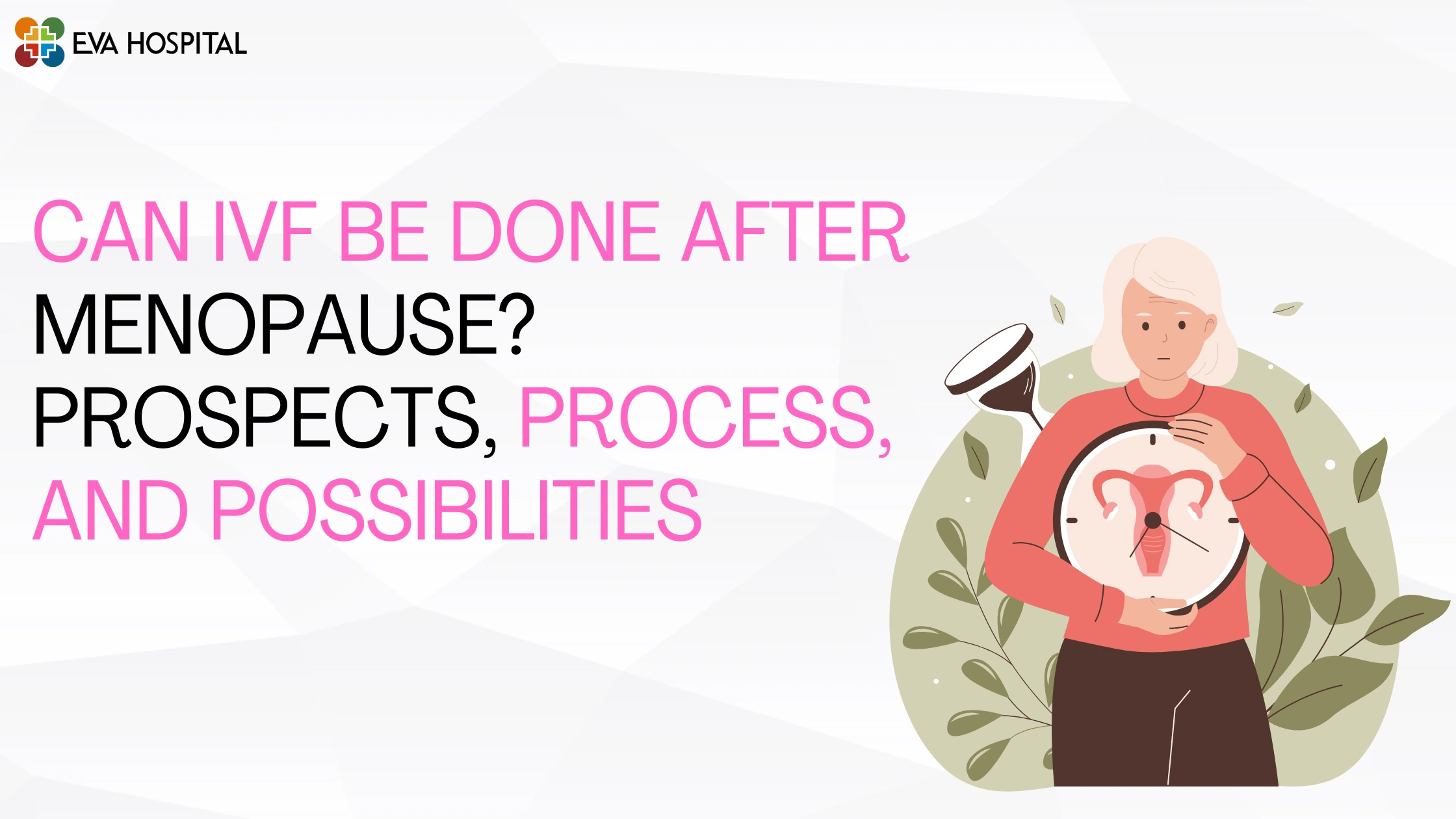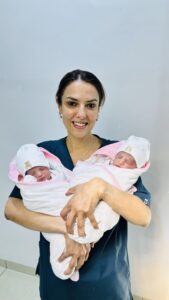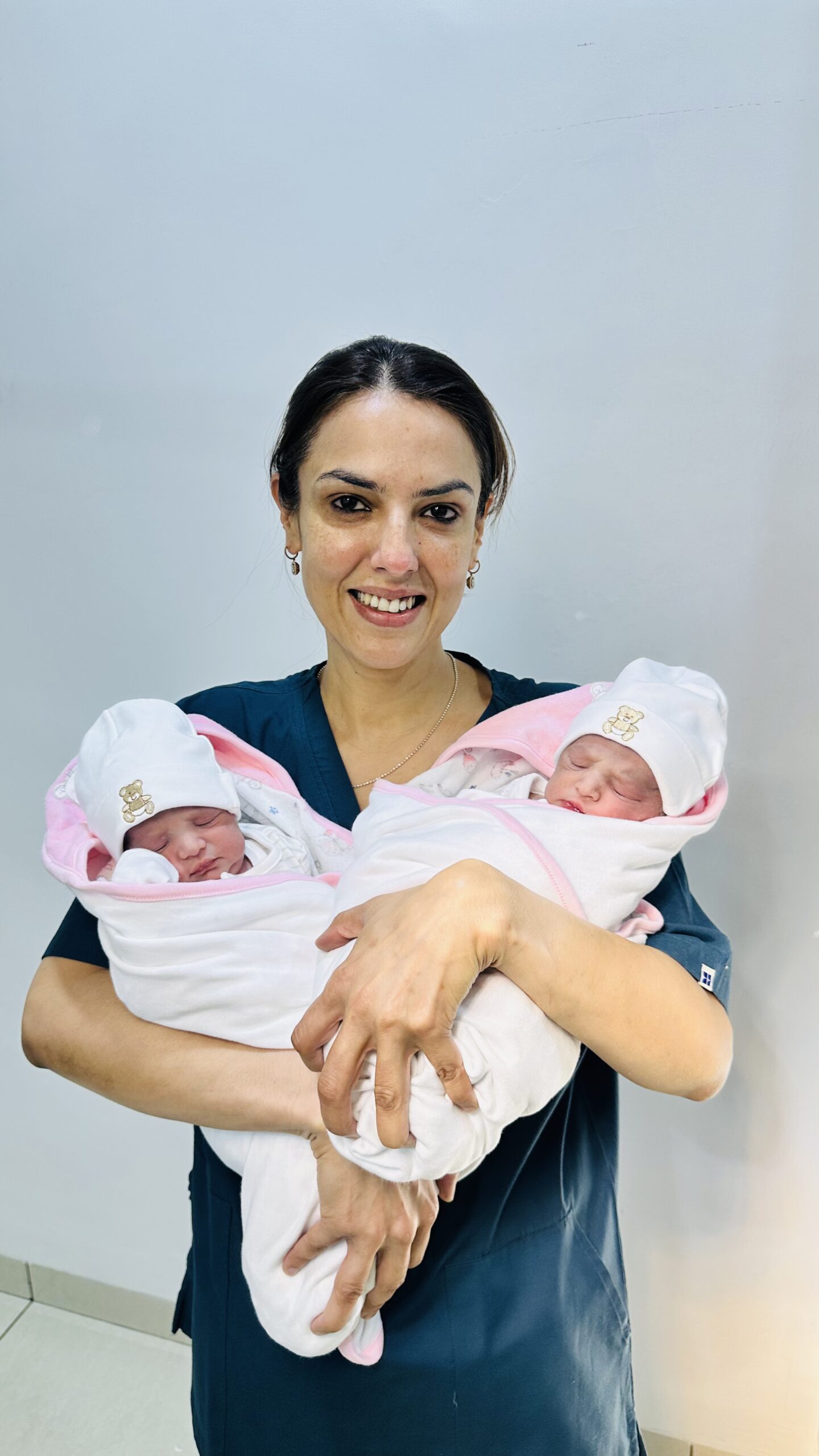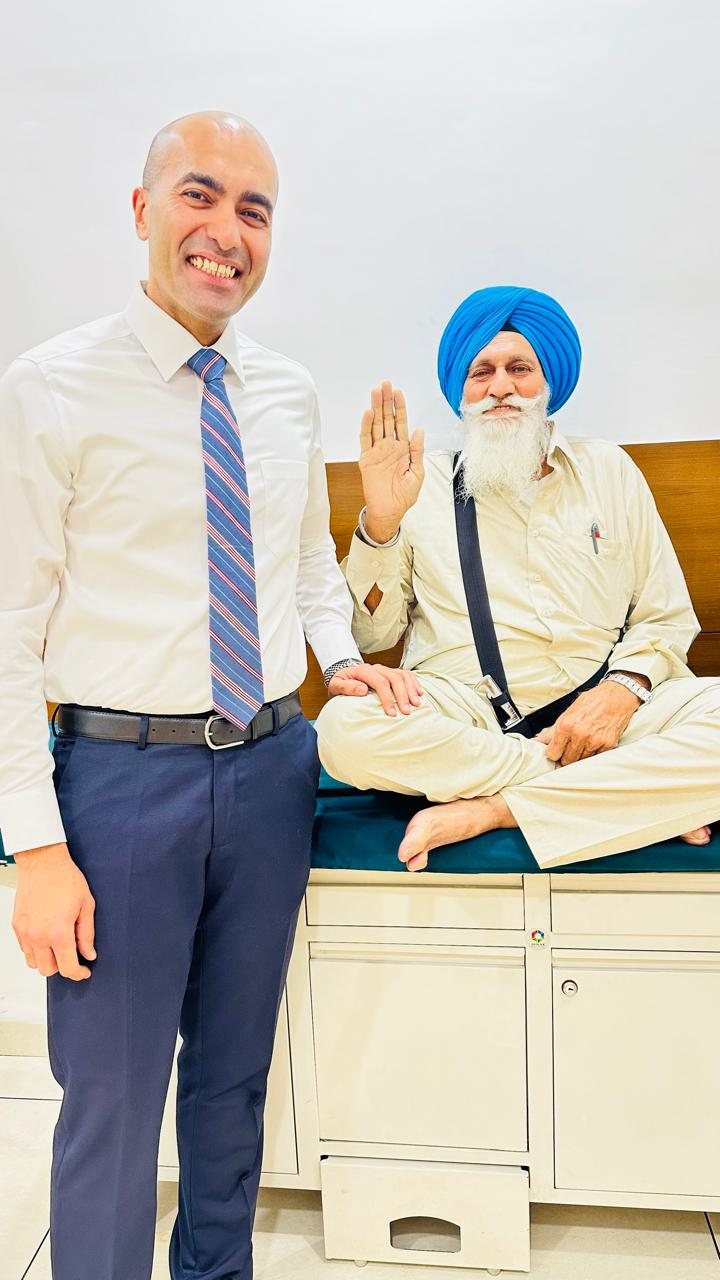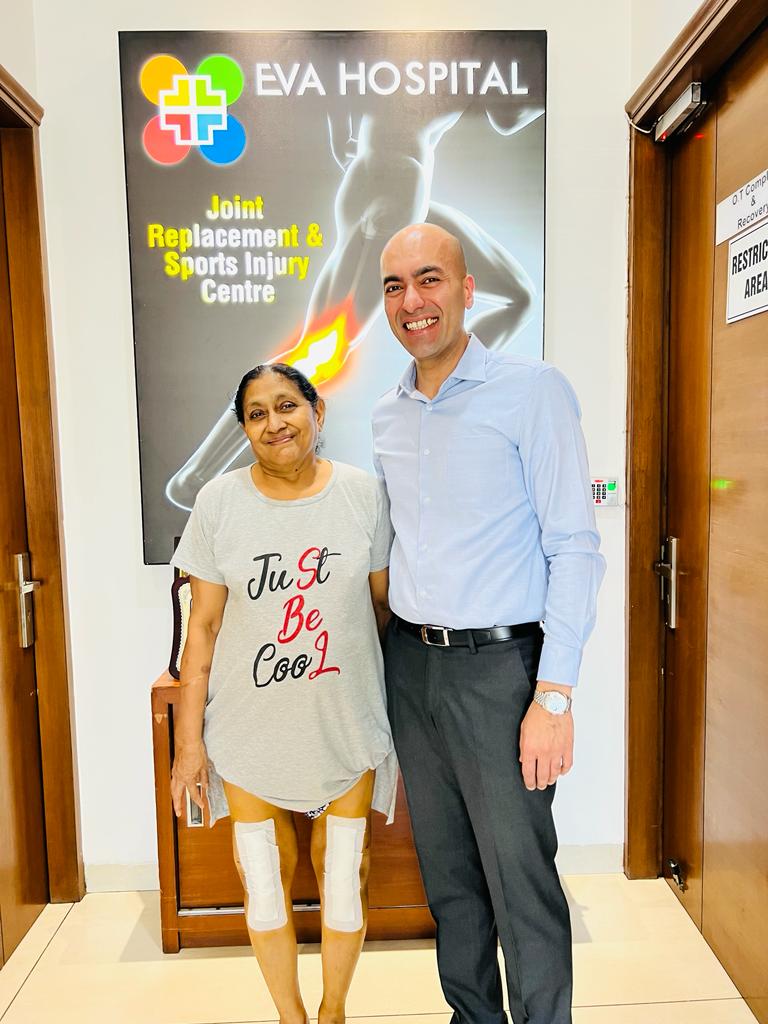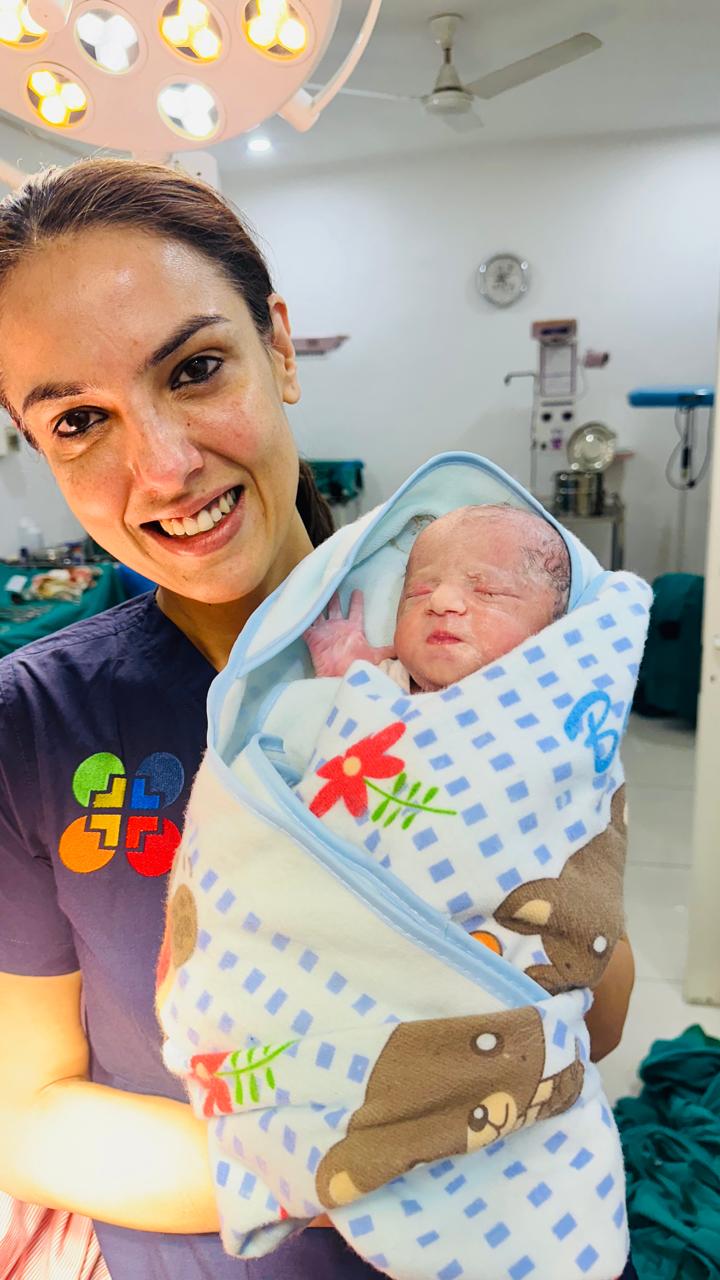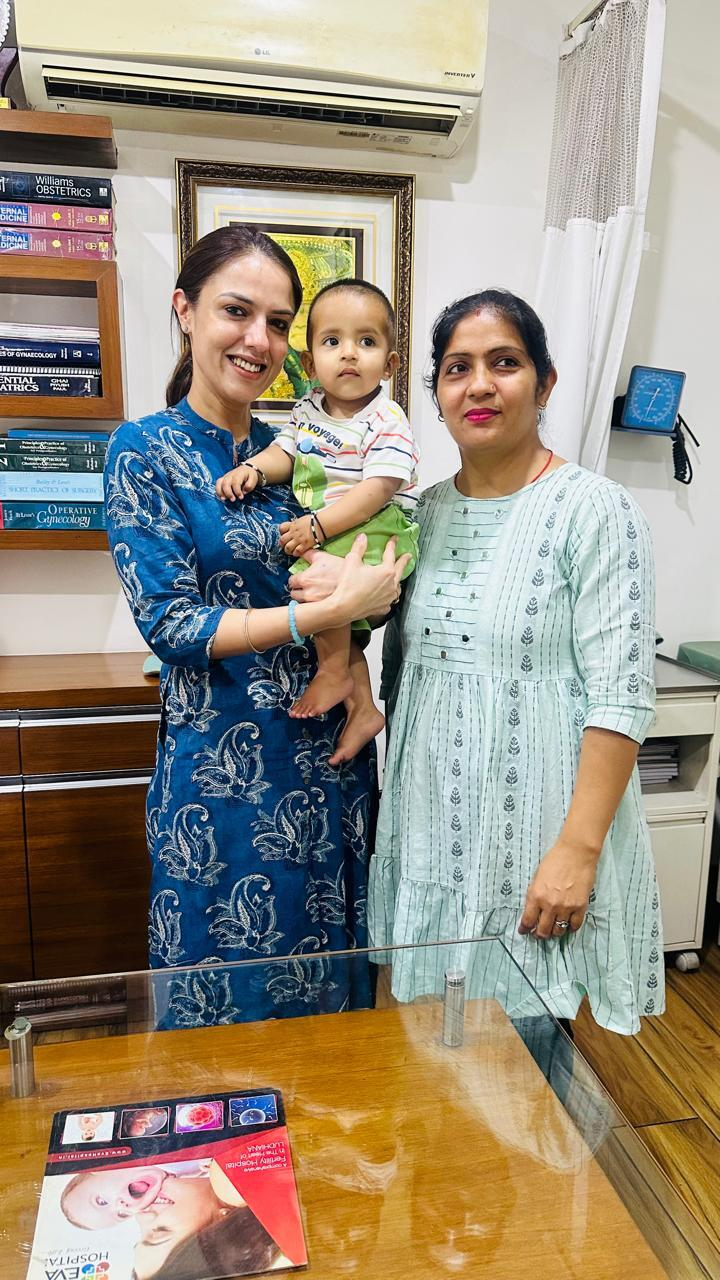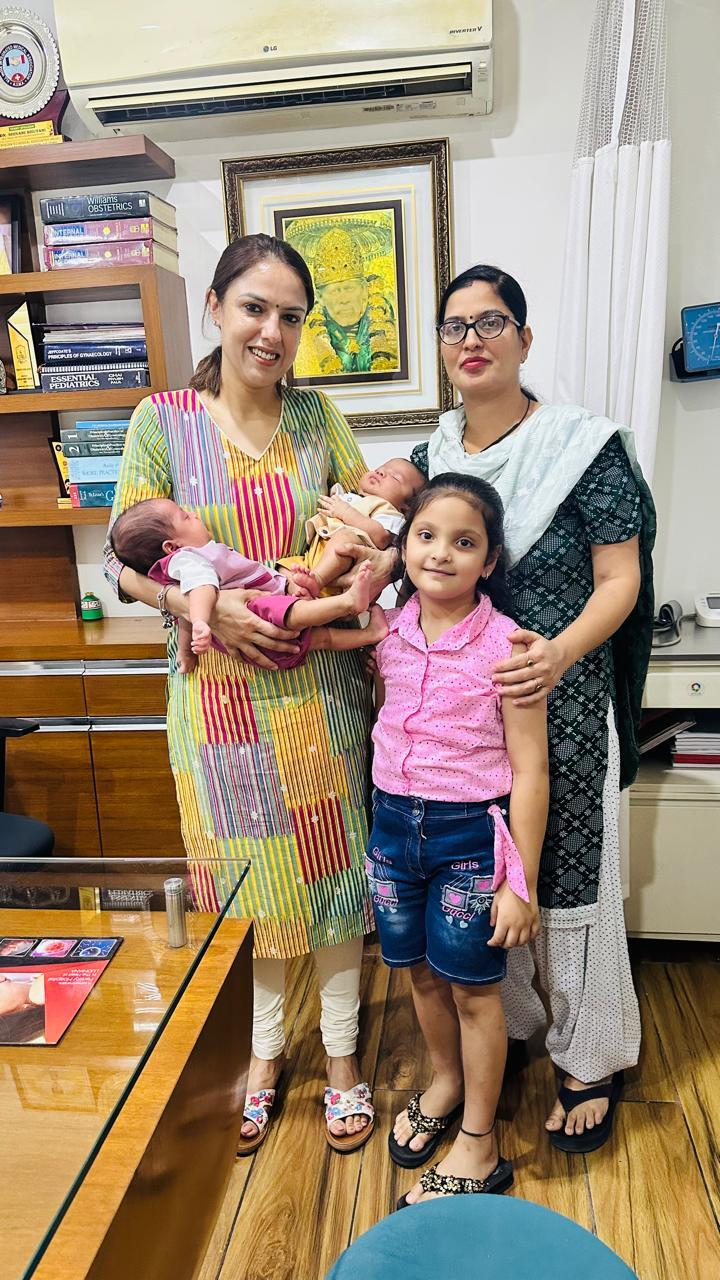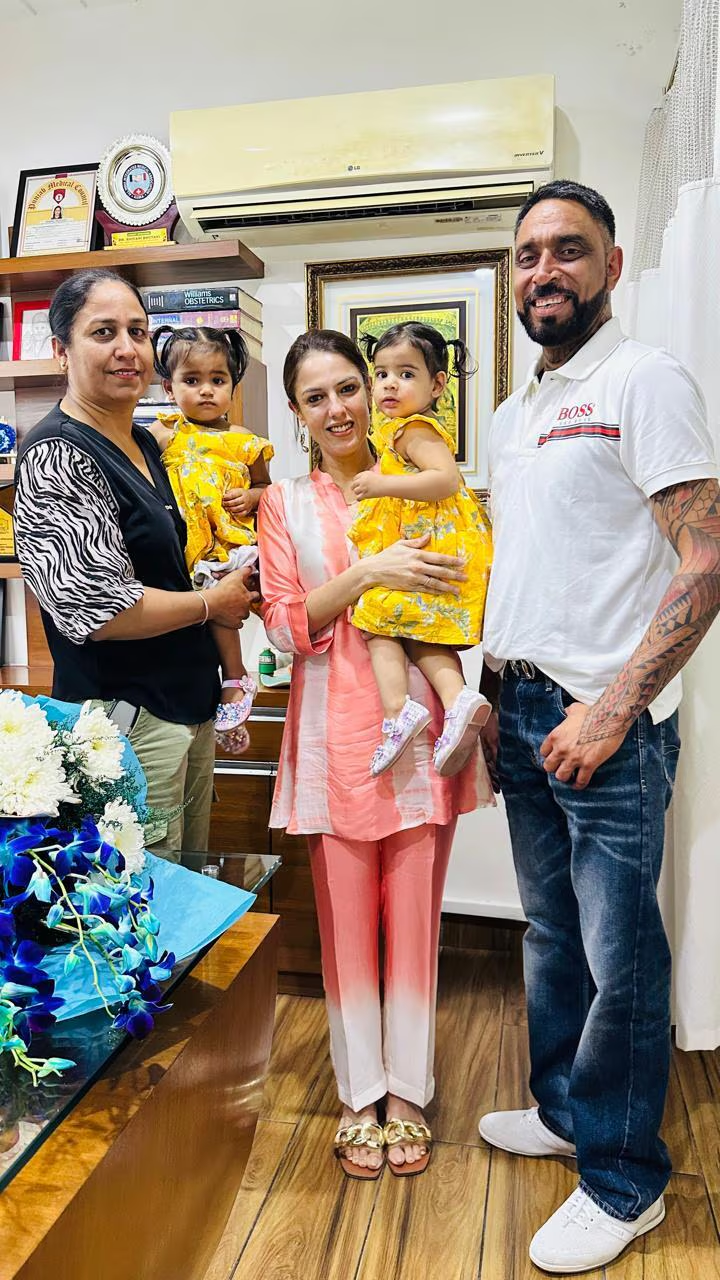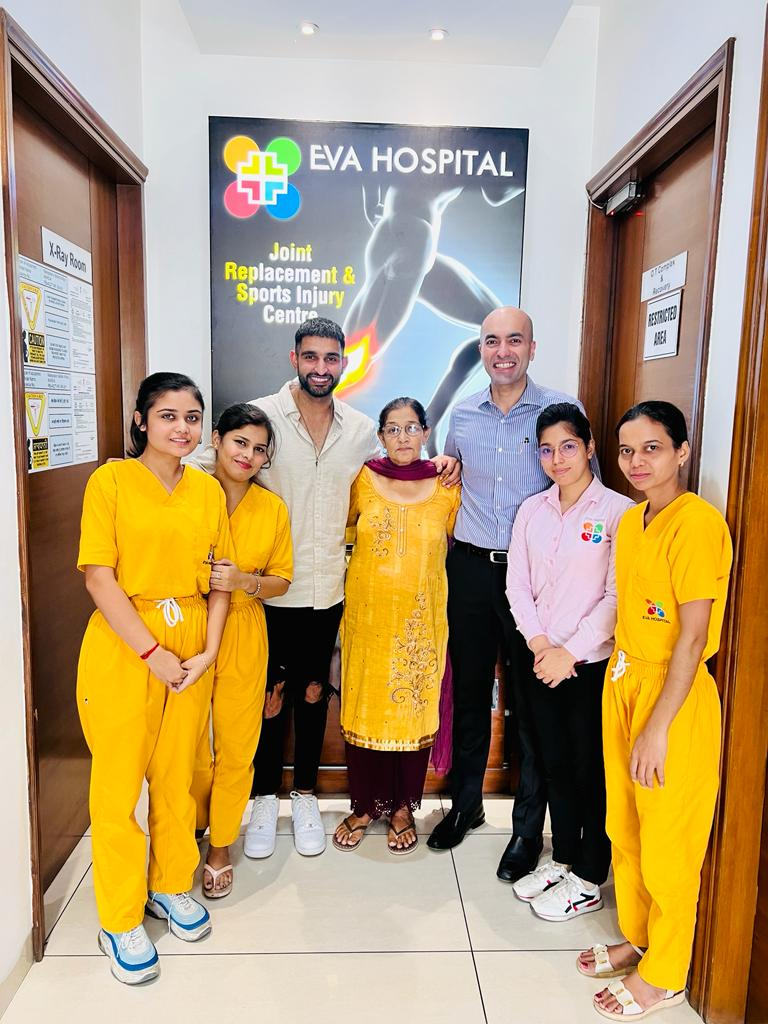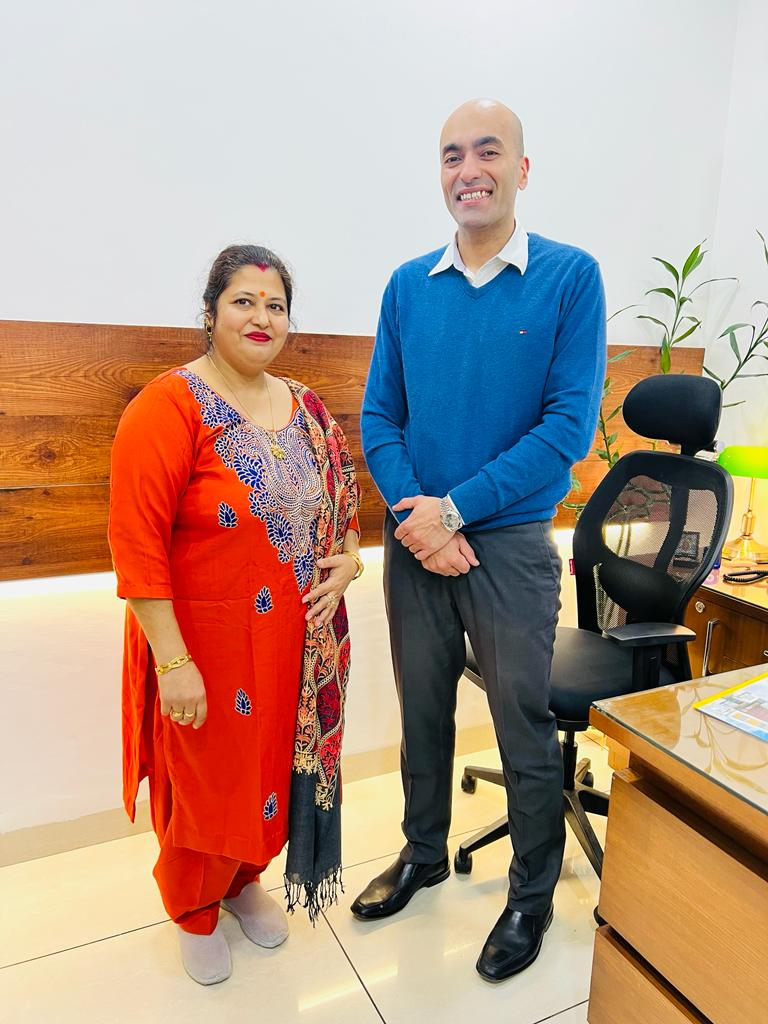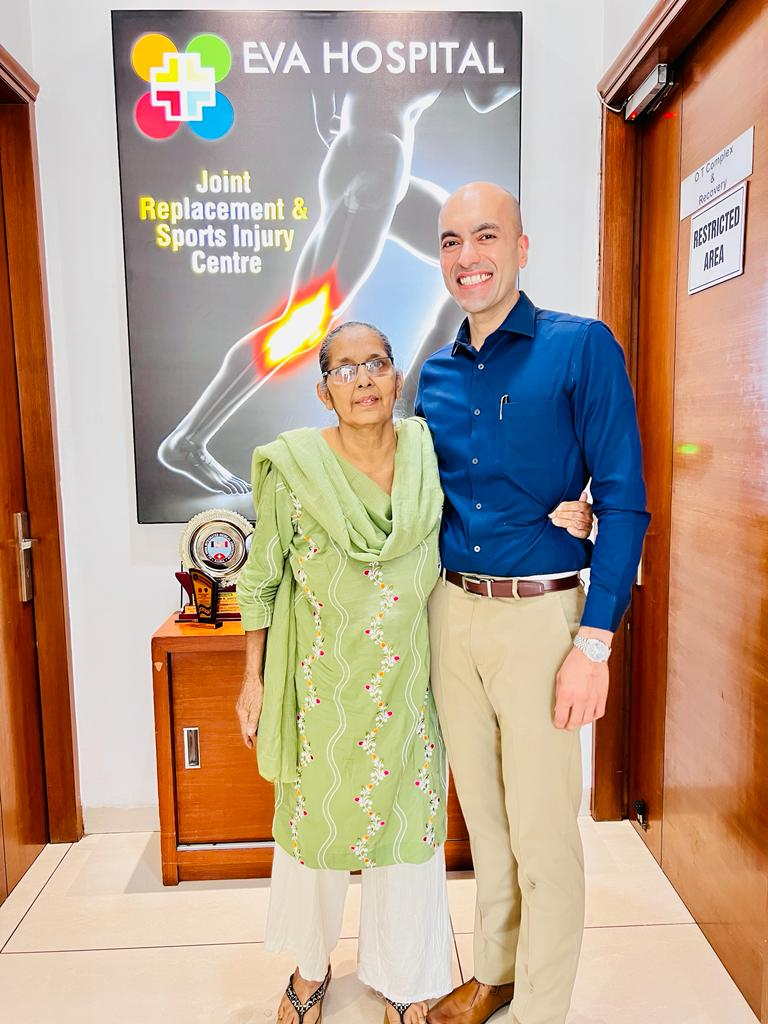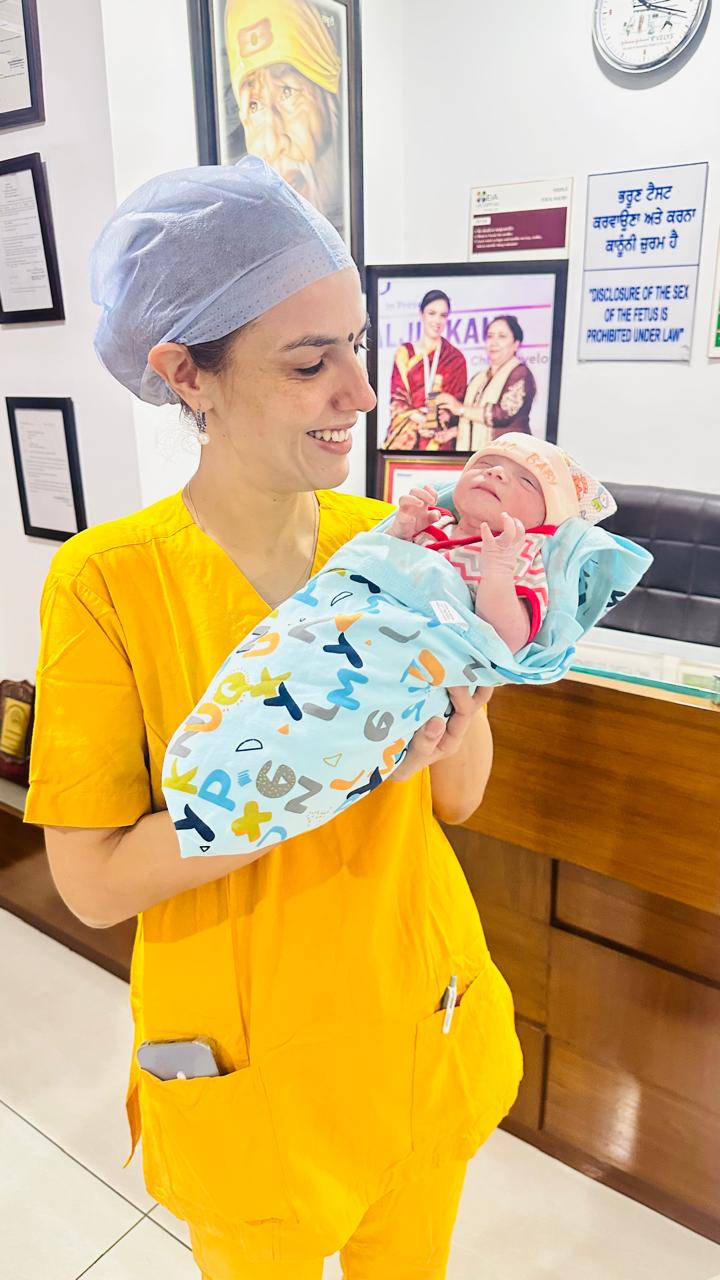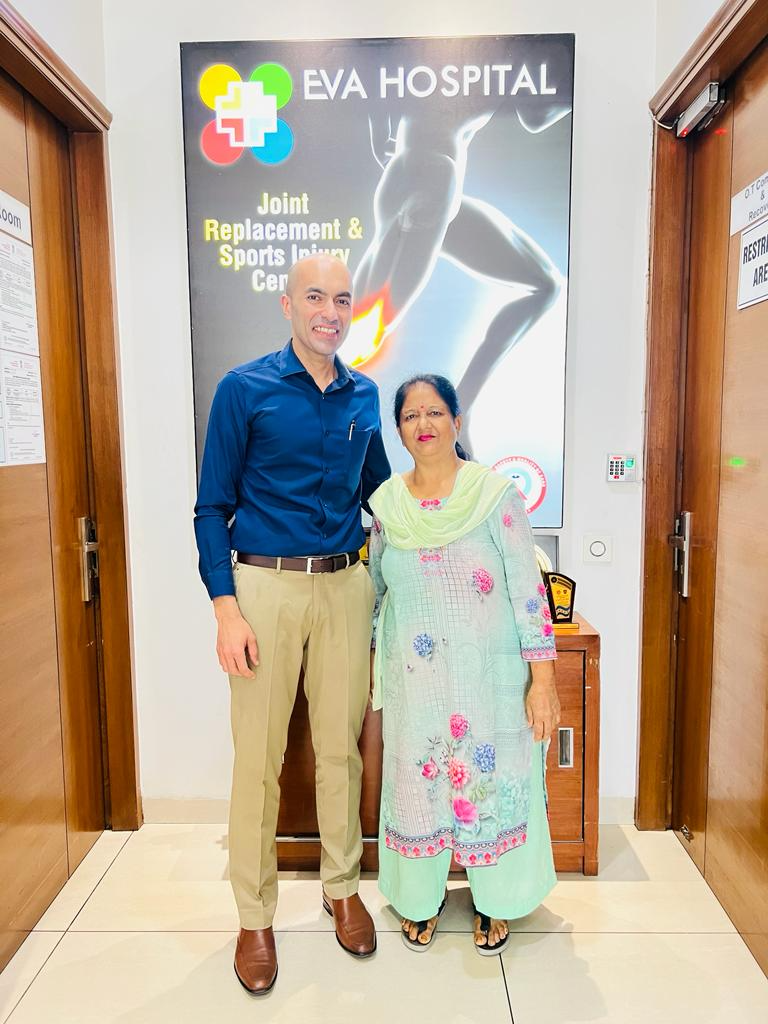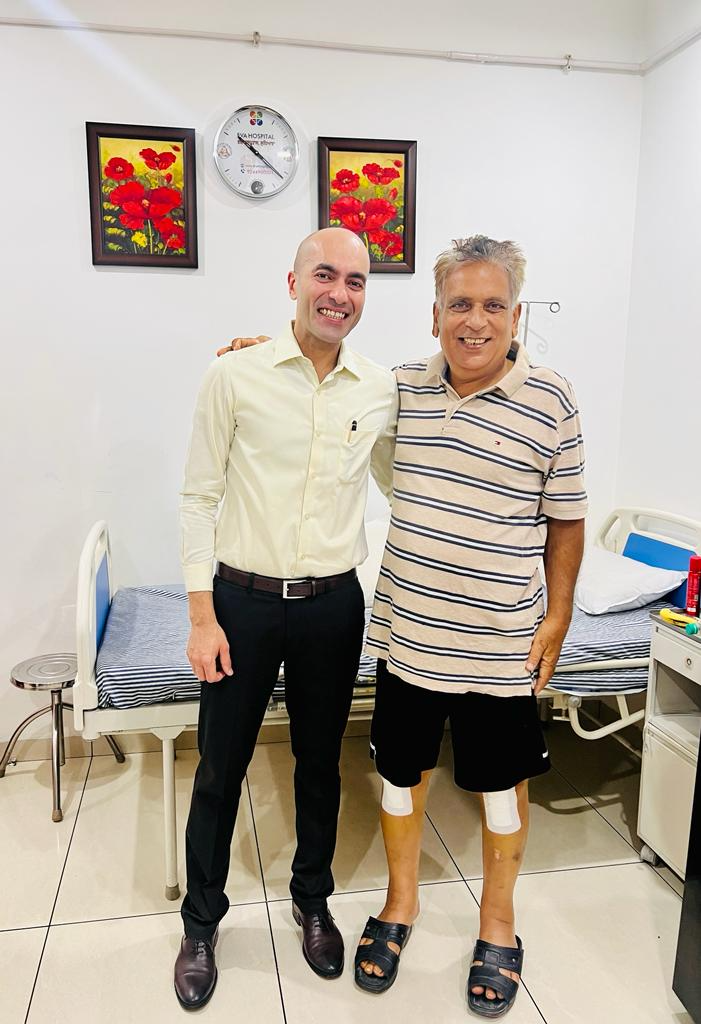Summary
Sure, you can undergo an IVF procedure after menopause, due to further resources in reproductive medicine. The woman now has the choice of fulfilling her dream to have a child after she has experienced menopause, and would now use the In Vitro Fertilization (IVF) of donor eggs or frozen embryos. Although women after menopause are naturally infertile, IVF provides a potential and widely used option for birth and growth of a new family by an older woman.
This work examines the opportunities, procedure, advantages, and disadvantages, with regard to undertaking IVF after menopause
Introduction
Being a mother is a very intimate process, and in many cases of the female population, the birth wish is not parallel with the biological clock. Conventionally, menopause was regarded as the conclusion of the reproductive period in a woman. Hello, all my readers, I am Dr. Shivani Bhutani. I can keep on educating my readers about IVF, and earlier, I talked about food to avoid after IVF transfer. According to me, today, women are able to experience pregnancy even after their periods cease to pass, despite the adoption of IVF technology.
Then, is it possible to do IVF after menopause? Can you actually get pregnant in your 50s or older? And what are the success percentages, medical necessity, and risks involved?
It is time to reveal the truth about IVF after menopause and clarify to you whether this is the right direction towards which you have to head.
What Is Menopause and Why Does It Affect Fertility?
Menopause is the time during which menstruation and the chances of fertility cease forever, usually occurring between the ages of 45 and 55 years of age. At this stage, ovaries cease to release any eggs, and the body generates extremely low reproduction hormones such as estrogen and progesterone.
Due to this drop in hormones, natural conception after menopause can not occur. But with the aid of reproductive technologies such as IVF, a woman can still become pregnant, even though it may not be her eggs, but eggs of a donor or a previously Frozen embryo.
Is IVF Possible After Menopause?
Yes, IVF is possible after menopause, but only those women who, despite being postmenopausal,l have not become too old to support the pregnancy. Usually, however, its use it is undertaken in the procedure:
- Donor eggs
- Frozen embryos (from earlier IVF cycles or donors)
- Hormonal therapy to prepare the uterus
A postmenopausal woman stops producing viable eggs; therefore, she cannot use conventional IVF to carry her own eggs. Rather, a donor egg could be fertilized using sperm in a test tube and then placed to grow in the woman after endometrial priming.
IVF After Menopause: How the Process Works
(Secondary Keyword Subheading)
The following is the order of events of a possible procedure of IVF after menopause:
1. Medical Evaluation
First, general well-being, heart condition, condition of the womb, and hormones are assessed by the doctors. This ensures that the female is physically capable of carrying a pregnancy.
2. HRT (Hormone Replacement Therapy)
Post-menopausal women lack the ability to manufacture reproductive hormones, and therefore, HRT is prescribed to thicken the lining of the womb so that it is sensitive to receive the implantation of the embryo. Estrogen and progesterone treatment takes place after a pair of weeks.
3. Donor Egg or Frozen Embryo Use
Since the woman’s ovaries no longer function, eggs are either:
- Taken from a younger egg donor, or
- Frozen embryos from a previous IVF attempt or donor bank are used
4. Fertilization and Embryo Transfer
Fertilization of the chosen egg occurs in the laboratory with sperm. This generated embryo is then implanted in the uterus of the woman.
5. Pregnancy Monitoring
In case of the success of implantation, the woman will be observed as closely as possible, and the hormonal stimulus will continue during the beginning of pregnancy.
Benefits of IVF After Menopause
Gives Women a Second Chance at Motherhood
Many women in their 40s and 50s are still dreaming of being mothers, whether because of a delay in marriage, health, or any other related personal reasons. IVF is the door that is opened.
Success with Donor Eggs
Since egg quality declines with age, younger donor eggs give a better opportunity of a healthy pregnancy even in aged women.
Safe with Proper Medical Care
With the right medical screening and monitoring, many postmenopausal women have had successful pregnancies through IVF.
Fulfills Emotional and Family Aspirations
Motherhood is an emotional experience, and with IVF the women can have their families even when they are old enough.
Challenges and Considerations
Though IVF can be done after the menopause age, there are some limitations to it:
Health Risks Increase with Age
Pregnancy in women over 45 can be riskier, with higher chances of:
- High blood pressure
- Gestational diabetes
- Preeclampsia
- Cesarean delivery
Emotional and Financial Costs
IVF with donor eggs can be expensive and emotionally taxing if multiple attempts are needed.
Social and Ethical Considerations
Some societies or clinics may have age restrictions. Later parenting can also be emotional or social and raise concerns with energy levels, life span, and future of the child.
What Is the Ideal Age Limit for IVF After Menopause?
There are generally guidelines in most fertility clinics barring IVF at an age above 50-55. There are a few exceptions depending on health and regional policies. After all, the environment in the uterus can be viable longer than ovarian capability, and hence, with artificial hormones, pregnancy is a technical possibility; however, one that always involves close consideration of risks, technically possible, but always requires careful risk assessment.
Success Rates of IVF After Menopause
Success rates depend on:
- Quality of donor eggs
- Health of the uterus
- Absence of medical complications
Using donor eggs, pregnancy success rates can be as high as 40–60% per embryo transfer in women under 55, almost the same as younger women using IVF.
However, the chances reduce significantly after 55, and the risk to both mother and baby increases.
Final Words: Do You Need IVF After Menopause?
Now that I have signed off, I will meet you all in my next blog. Do not forget that Menopause does not mean that you cannot fulfill the dream of being a mother. Due to the medical breakthrough, it is certainly true that IVF after menopause is a very much a current possibility and that there is new hope for many women who get the impression that it would be too late already.
- Nevertheless, it is not an easy choice. It is vital to answer the questions by consulting a fertility specialist and a general physician in detail in order to determine:
- Your fitness to be medically accepted
- An emotional as well as a financial venture
- The roles of parenting at an older age in the long term
In case you are healthy, well-prepared emotionally, and highly motivated to get the child, IVF after menopause may become your miracle solution.
Provided this route is the one you might want to take, you can always consult a reproductive expert and determine your healthiness and readiness to have a child– the age factor does not determine your dream of giving birth to a child any longer.
FAQs
No. Natural IVF cannot be done when one reaches menopause since the ovaries are incapable of producing eggs. When it is done after menopause, it can never take place without involving donor eggs or frozen embryos.
Typically, no. When menopause occurs, egg production stops, and it is are no longer viable. Nevertheless, in case, you had earlier in life, freezing your eggs, it is applicable even after menopause.
Numerous clinics offer up to the age of 50- 55 on a basis that depends on the health of the woman. Other than that, there is a risk that the benefits do not exceed the risks.
Yes. Later pregnancies are associated with increased risk of high blood pressure, diabetes, and childbirth complications. It is essential to monitor it properly.
It is possible, yes, in most countries, though clinics are sometimes restricted by age or require special permission. Never forget to check the local laws and licensed clinics.

